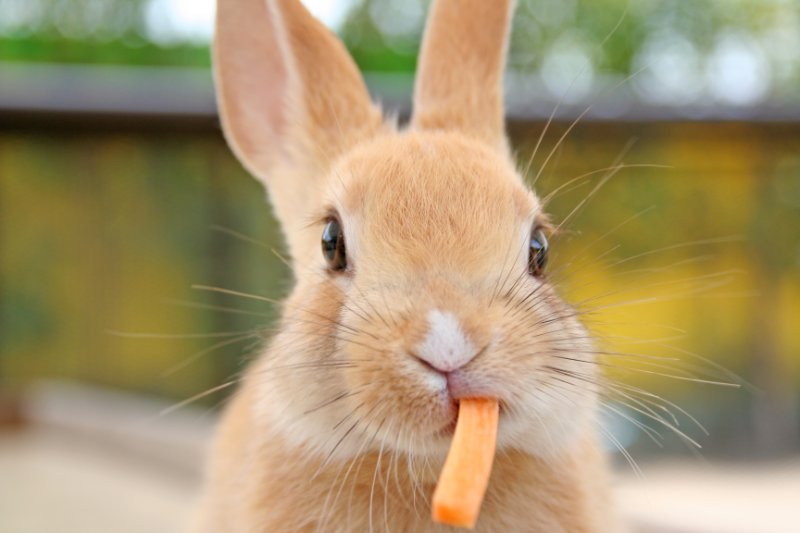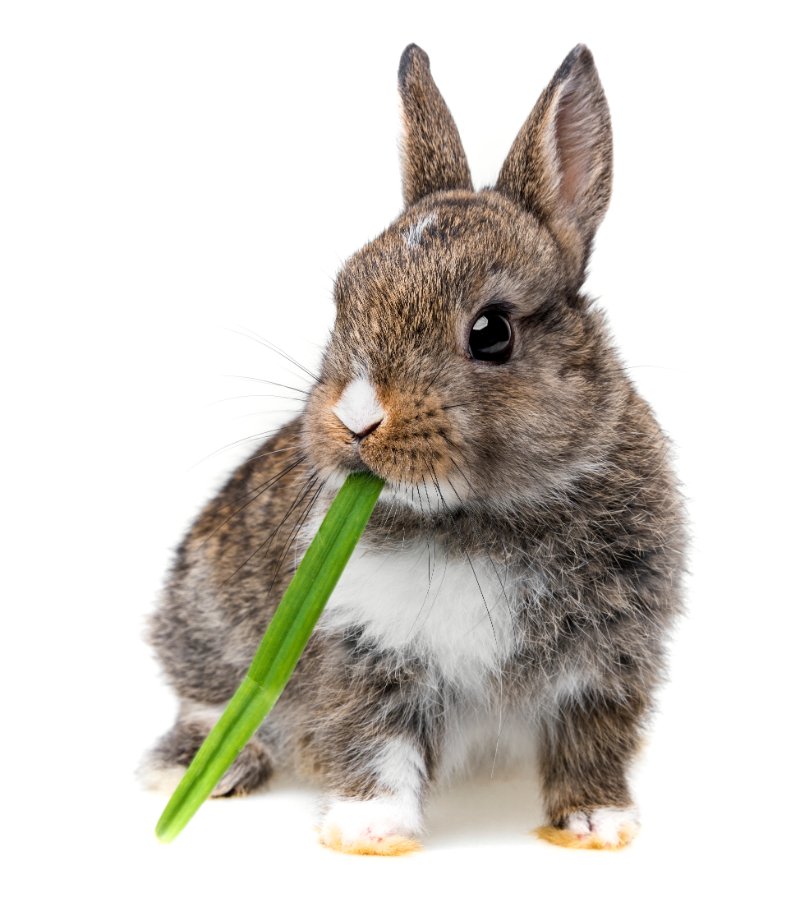If you’re thinking about getting a pet rabbit, or already have one, you might wonder: “What Do Rabbits Eat?” Feeding these adorable herbivores can sometimes baffle the uninitiated. We all know they love carrots, but what do rabbits eat daily?
Dietary Necessities: What Do Rabbits Eat?
Rabbits are herbivores, dining on a diet primarily composed of plants. They nibble on various foods, including vegetables, fruits, grasses, weeds, leaves, shoots and even some types of bark and twigs. Thanks to their highly complex digestive systems, their adaptability allows them to process both digestible and non-digestible fiber.
Familiar Foods: Fruits and Vegetables
Fruits and veggies are a particular hit among the rabbit community. Both fresh and dried variants of fruits, like bananas, strawberries, raspberries, and seedless grapes make for tasty treats—although they should be given sparingly.
Among vegetables, favorites include leafy greens, carrots (tops included), bok choy, broccoli stems and leaves, and alfalfa sprouts. But a word of caution—add only one new veggie to your bunny’s diet at a time, just to be safe.

Structured Feedings: Meal Times
To keep your rabbit’s diet balanced and prevent spoilage, feed them twice daily and promptly remove any uneaten food. Rabbits have unique food preferences, just like us, and with time, you’ll learn exactly what your furry friend loves the most.
The Crucial Element: Hay
Hay remains a crucial part of a rabbit’s diet among all the plants and treats. This fibrous food type aids in digestion and helps manage the constant growth of rabbit teeth. Timothy hay is preferred, but bunnies also love alfalfa and other types. Note that alfalfa should be avoided for rabbits older than a year due to excessive weight gain concerns.

Pellets: A Nutritious Option
Apart from raw, fresh food, many bunny parents opt for fortified rabbit pellets. These nifty little food items are nutrient-rich and ensure your pet gets the required vitamins and minerals.
Watering Needs: Essential Hydration
Along with a balanced diet, remember to keep your rabbit hydrated. Water bottles that attach to the cage sides are a great way to offer water without risk of toppling.
Elements of Diet Planning: Key Points
- Treating hay as an unlimited food source – Timothy is an excellent choice
- Providing 2 cups of veggies and legumes per day
- Limited, occasional treats – Fruits, both fresh and dried
- Using fresh alfalfa in the diet of rabbits under seven months old